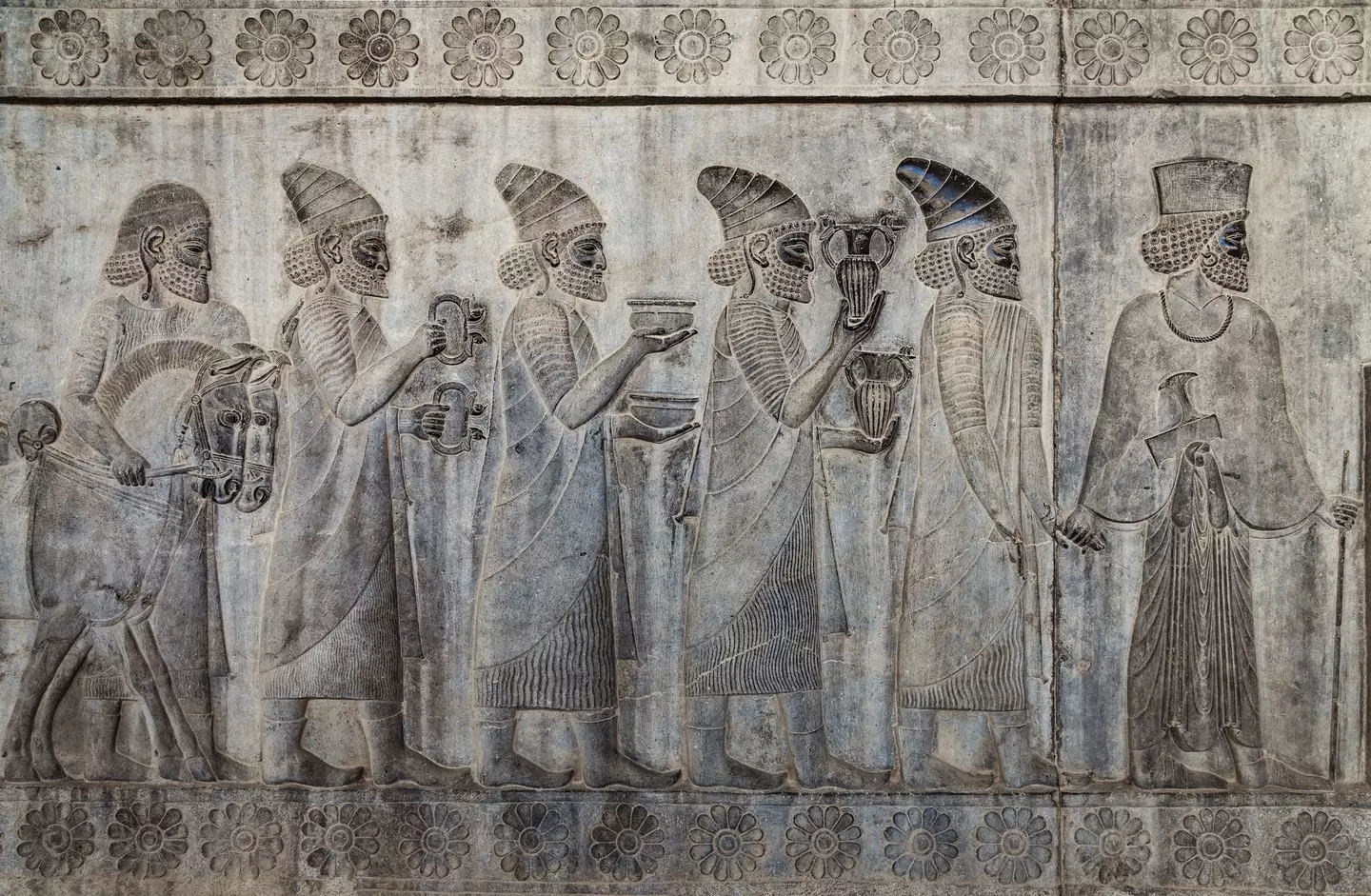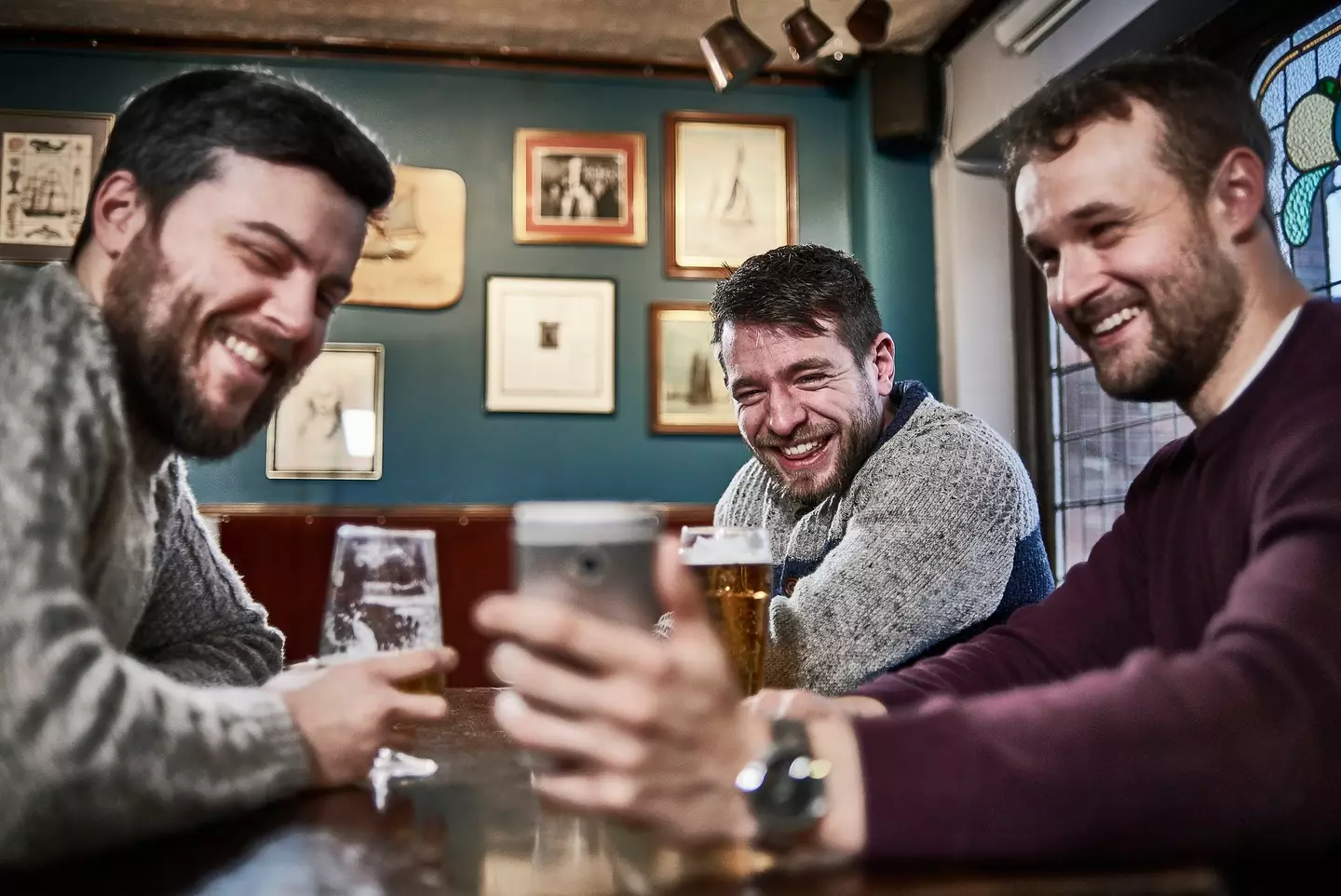
As far as evolution goes, humanity really nailed it. We’ve got the most complex brains in the animal kingdom and can do some pretty mental things with them, but we’re not entirely confident on how it all came to be.
Theories around why our brains evolved to be so complex while other animals’ didn’t can make for fascinating reading. Everything from cooked food to psilocybin mushrooms to sheer dumb luck have been posited as explanations for our brains being complex enough to create shareholder value, but our penchant for socialising and teamwork might hold the real answers.

After all, if you look at the other most-intelligent species on Earth, most of them are pretty sociable: orcas, primates, and elephants all have communities and team-oriented behaviours.
Advert
Per research published in the Humanities and Social Sciences Communications journal, our ancestors may have supercharged this link between intelligence and sociability with booze.
The ‘drunk hypothesis’ has it that alcohol helped our ancestors to bond with each other and be creative, potentially giving rise to complex social scenarios, politics, and early societies.
Testing the theory, the study’s authors examined historical ethnographic reports covering 186 non-industrial societies around the globe. They took particular interest in finding references to alcohol in indigenous communities, with researchers finding a link between drinking practices and social or political complexity.
The authors said that their research was focused solely on low-alcohol fermented drinks like fruit wines and cereal beers as opposed to distilled spirits which, they said, are more likely to trigger social disintegration rather than cohesion.
High-strength alcohol is strongly linked with ‘social disorder, domestic abuse, poor work performance, as well as an estimated 3 million alcohol-related deaths a year worldwide’, they said. Quelle surprise, right?
However, mild alcohol may offer more social positives than negatives.
They said that ‘anthropologists have long pointed out that alcohol has a crucial bonding function and that social drinking is an active force through which personal and group identities are constructed, transformed and embodied’.
The researchers continued: “Moreover, it has been argued that alcohol is a powerful political tool that played a significant role in the formation of early states, such as in Mesopotamia, Egypt, China, and the Andes.”
Alcohol can therefore act as ‘a mechanism for building alliances, mobilising labour, creating reciprocal obligations and implementing political authority’.
It’s also been linked with military purposes, with research indicating that early Germanic and Celtic leaders hosted alcohol-fuelled feasts aimed at unifying their forces and inspiring loyalty and commitment.

“In the case of traditional non-distilled fermented beverages, our results support the hypothesis that group-level social benefits (such as more effective cooperation in work, food production and warfare) may outweigh the disruptive effects of intoxication,” the researchers said.
All the more reason to pour one out for your ancestors.
